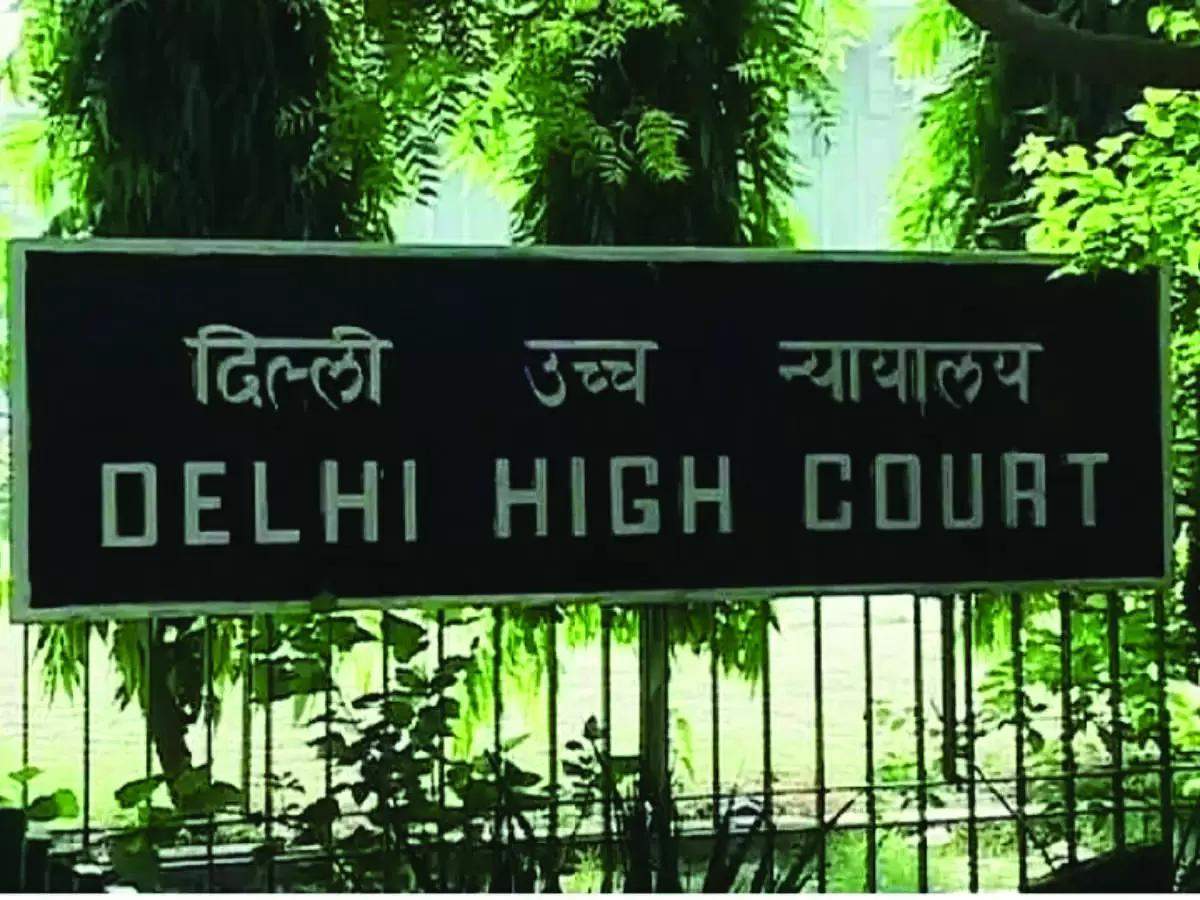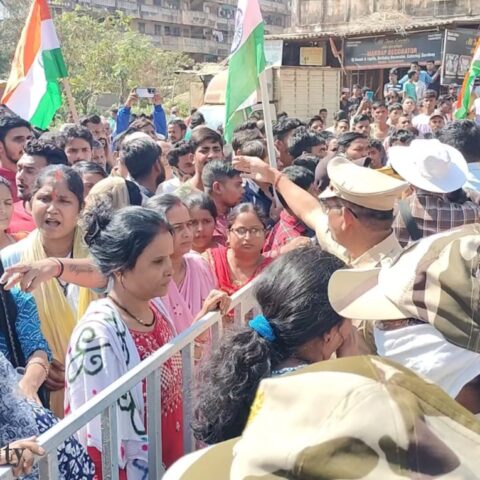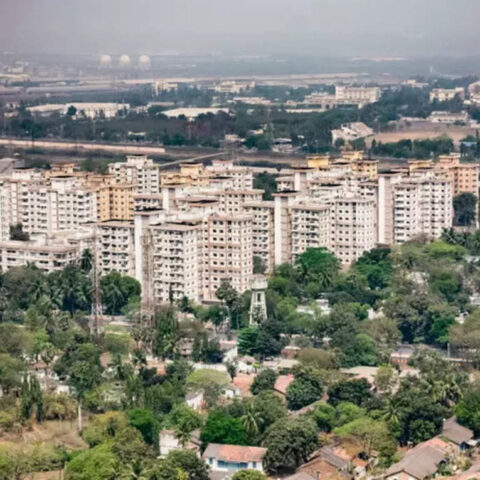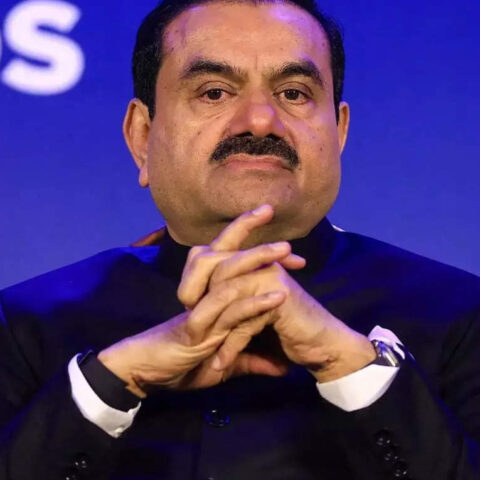
NEW DELHI: In a warning to litigants and lawyers alike who use PILs on unauthorised construction as a bargaining tool, Delhi High Court has ordered a CBI probe in one such case.
A bench of Acting Chief Justice Manmohan and Justice Tushar Rao Gedela decided to rope in CBI after it came across a law student who filed 42 petitions against illegal construction, but less than half were eventually listed before the court for hearing.
The bench recently took note of the allegation levelled by the counsel for Municipal Corporation of Delhi that petitioner Rahul Kumar “had perfected the ‘art of exploiting’ respondents by filing Public Interest Litigations” on unauthorised constructions.
At the receiving end of Kumar’s PILs, the civic agency highlighted that most of the time the petitions were filed with the court registry to show that it had been filed, but the petitioner and his lawyer ensured it was listed in court for a hearing.
“The petitioner has been filing writ petitions pertaining to individual properties in the same locality instead of bunching them and claiming that he has no personal interest in the litigation and that the petition is not guided by self-gain or for the gain of any other person/institution/body and there is no other motive than public interest. Despite that, in most of the matters, the petitioner or his counsel failed to appear during the hearings or the petitioner failed to get most of the matters listed after serving the advance notice of the petition on the MCD and/or the private respondents,” the bench recorded in its order.
The court had earlier sought details from its registry on how many petitions Kumar had filed and their status. On verification, the bench was informed that a total of 42 petitions were filed and out of these only 17 were listed in court while the remaining 25 were not listed.
The court further found that in the matters listed before it for hearing, the petitioner or his counsel did not appear on several dates and some of these were disposed of either on the report submitted by MCD or directions were issued to approach the Special Task Force.
“In these circumstances, the apprehensions raised by the respondent/MCD cannot be overlooked. To rule out any apprehension, this court deems it appropriate to direct a proper inquiry to be conducted in the matter. Accordingly, the CBI is directed to conduct a preliminary enquiry to ascertain whether any cognisable offence has been committed and if so, by whom. The CBI is directed to submit the report of the preliminary enquiry on or before the next date of hearing,” the bench directed.









